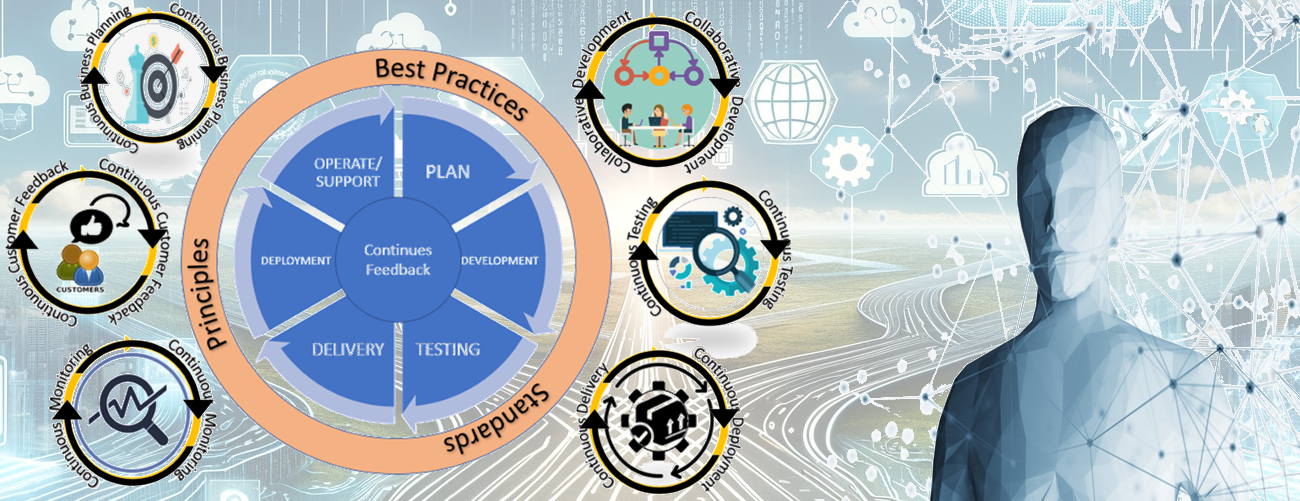The journey of software development has seen a remarkable evolution over the years. This transformation transcends beyond just the tools and technologies used; it’s a fundamental shift in methodologies and approaches towards software creation and deployment. Central to this metamorphosis is the progression from the traditional realm of Software Configuration Management (SCM) to the dynamic and integrative approach of DevOps, accompanied by the emergence of new methodologies and innovations.
The Foundations of Software Configuration Management
SCM stood as a cornerstone in software engineering, primarily focusing on managing and controlling software changes. Its key functions included identifying components in software, controlling alterations, and upholding integrity and traceability throughout the software lifecycle. Tools like CVS, SVN, and Git later became indispensable for developers, facilitating efficient code management and revision tracking.
Transition to Agile: A Paradigm Shift
The adoption of Agile methodologies marked a pivotal change. Agile’s essence lies in its iterative development, emphasizing collaboration, customer feedback, and rapid releases. This approach starkly contrasted the linear, phase-based waterfall model and pivoted the focus towards continuous development and customer-centricity.
DevOps: A Convergence of Development and Operations
The introduction of DevOps heralded a new era. It’s an amalgamation of development (Dev) and operations (Ops), aimed at reducing the software development lifecycle and ensuring high-quality, continuous delivery. DevOps transcends beyond a mere methodology – it’s a culture endorsing collaboration, automation, continuous integration (CI), continuous deployment (CD), and proactive operational monitoring.
Emerging Technologies and Practices
With DevOps, several new technologies and practices have come to the fore:
- Containerization: Technologies like Docker and Kubernetes have transformed software deployment, ensuring consistency across environments.
- Microservices Architecture: This technique structures an application as a collection of loosely coupled services, resonating with the DevOps ethos of autonomous, cross-functional teams.
- Infrastructure as Code (IaC): Tools such as Terraform enable infrastructure management via code, enhancing automation and uniformity.
- CI/CD: Systems like Jenkins and GitLab CI/CD automate software release processes, from code commits to production.
- Proactive Monitoring: Tools like Prometheus and Grafana offer real-time insights, crucial for maintenance and troubleshooting in DevOps settings.
The shift from SCM to DevOps signifies a fundamental change in software development philosophy. It’s a shift that has embraced not only new tools and technologies but also a transformative approach to software engineering. This change underscores automation, teamwork, and constant enhancement, heralding a more efficient and responsive future in software development. As this field continues to evolve, it’s intriguing to envision the future innovations and methodologies that will shape software development.


